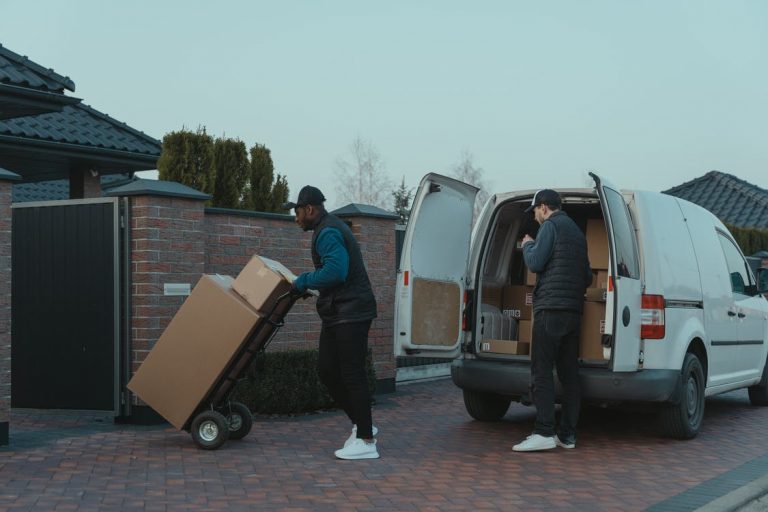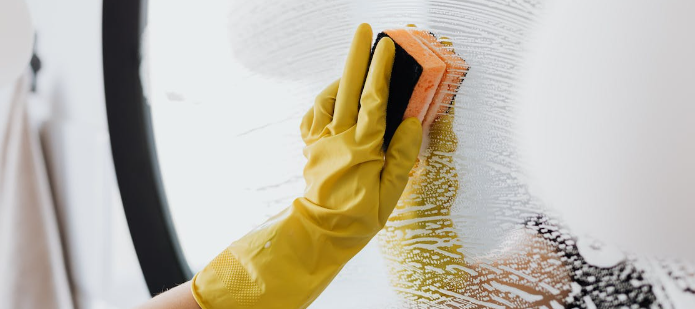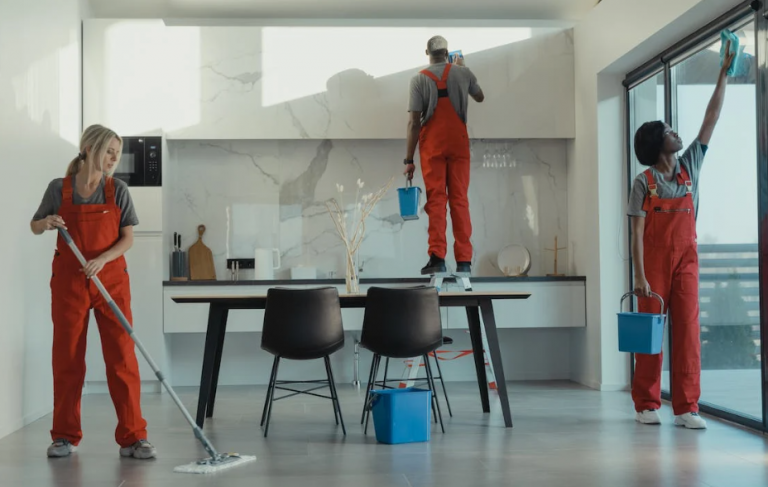What Types of Rubbish Do Providers of Rubbish Removal Services in Sydney Collect?

Sydney’s death toll has risen due to the current health crisis. And unfortunately, this has also caused other serious problems, such as the increased amount of waste produced by deceased estates.
However, this is understandable. That is because it is difficult to function properly during this time of sensitivity, such as cleaning your loved ones’ property. In other words, sorting through the deceased’s belongings can be devastating.
As a result, the demand for rubbish removal services in Sydney has also spiked. Good thing that deceased estate service providers assist you in carrying the weight of tasks during your time of grief, from cleaning to disposing of garbage.
To give you a better understanding of how your loved ones’ waste is handled, let’s take a look at how rubbish is classified:
What are the common types of rubbish?
Rubbish Type #1: General Household Waste
It is frequently referred to as domestic or residential waste, and this is the type of waste generated by houses, as implied by the name. Local authorities typically collect it as part of the city’s waste reduction efforts.
As part of the general protocols, this waste should be disposed of separately in the appropriate bins:Liquid Waste
This is a mixture of various liquid waste products, including dirty water, organic drinks, rainwater, etc. Liquid waste is divided into two categories for regulatory purposes: Point-source Pollution and Nonpoint-Source Pollution.
1. Nonpoint-Source Pollution is caused by a combination of pollutants from a large area, such as small rainwater that washes away man-made impurities. This waste ends up in other water resources.
2. Point-Source Pollution originates from a specific source, such as a wastewater discharge from an industrial plant.
It is best to hire a waste removal professional to dispose of the items with this classification.Solid Waste
This is one of the most common waste types. Because solid waste comes in different forms, this type of waste is further classified into three groups:
1. Plastic waste: It includes plastic bags, bottles, containers, jars, wrappers, and other plastic products in your home. Because it is non-biodegradable, you should not mix it with regular waste. It is also important to note that most plastic products are recyclable; therefore, place them in the recycling bin.
2. Paper Waste: Paper products, such as newspapers and cardboard, are those that can be easily recycled.
3. Metals and tins: These materials can be reused or recycled. You can, however, take these items to the nearest scrap yard in your neighbourhood.Rubbish Type #2: Organic Waste
This includes food and garden waste such as rotten meat, tree branches, etc. Microorganisms convert most of these into manures, which act as organic fertilisers for plants. However, as organic waste decomposes, it emits large amounts of methane, posing a significant risk to the environment and public health.
That is why seeking assistance from reputable providers of rubbish removal services in Sydney, like Deceased Estate Sydney, is advised for proper waste disposal.Rubbish Type #3: Recyclable Waste
Recycling is the process of converting waste or old material into new products. Packs of candy wrappers, for example, can be transformed into a functional school chair. This continuous ecological movement reduces the world’s pollution and carbon footprint.
On a side note, there is a lot of waste products that can be recycled, particularly solid waste. While most of us are aware of the things that can be recycled, it is also critical to be informed of what cannot be recycled.
Here are a few examples of non-recyclable waste as provided by Rubicon, a recycling company:
- Greasy paper;
- Used paper towels, tissues, and diapers;
- Broken ceramics, light bulbs, and mirrors;
- Film plastics;
- Styrofoam;
- Electronic waste (e-waste); and
- Construction and demolition (C&D) debris.
Rubbish Type #4: Hazardous Waste
This waste is hazardous to both you and the environment, and it usually has toxic and dangerous properties that make it capable of causing harm. Hazardous waste can come from various sources, including industrial manufacturing waste, batteries, and gases.
Because of these consequences, the EPA (Environmental Protection Agency) has developed a waste identification process based on the following four questions:
- Is the material considered solid waste?
- Does the waste fall under the definition of solid waste?
- Is the waste classified as hazardous waste, or is it listed?
- Has the waste been delisted?
The process of identifying hazardous materials can be very complex. Thus, the EPA encourages waste generators to approach the issue using the questions outlined above.
Why Do Deceased Estates Require Rubbish Removal Experts?
Normal functioning is hard when you lose someone. That is why professional rubbish removal service providers, such as Deceased Estate Sydney, are available to handle the cleaning of the deceased estate, giving you enough time to grieve.
In other words, when you are on an emotional roller coaster, experts from rubbish removal services in Sydney can assist you in carrying the burden of cleaning up a loved one’s estate, especially in the case of abandoned hoarder houses.
You can say that they not only lighten your mental load, but they also contribute to the environmental waste reduction.Looking for a Rubbish Removal Service in Sydney? Contact us!
Deceased Estate Sydney offers an unrivalled cleaning and removal service. We understand how difficult it is to lose someone you care about, and we witnessed this. It served as an inspiration for us to create a service that understands and prioritises the needs of its clients, particularly in the case of a deceased estate.
Hence, if you want to eliminate your worries about rubbish removal, call us on 0408 629 666 or send us an email at info@deceasedestatesydney.com.au.



